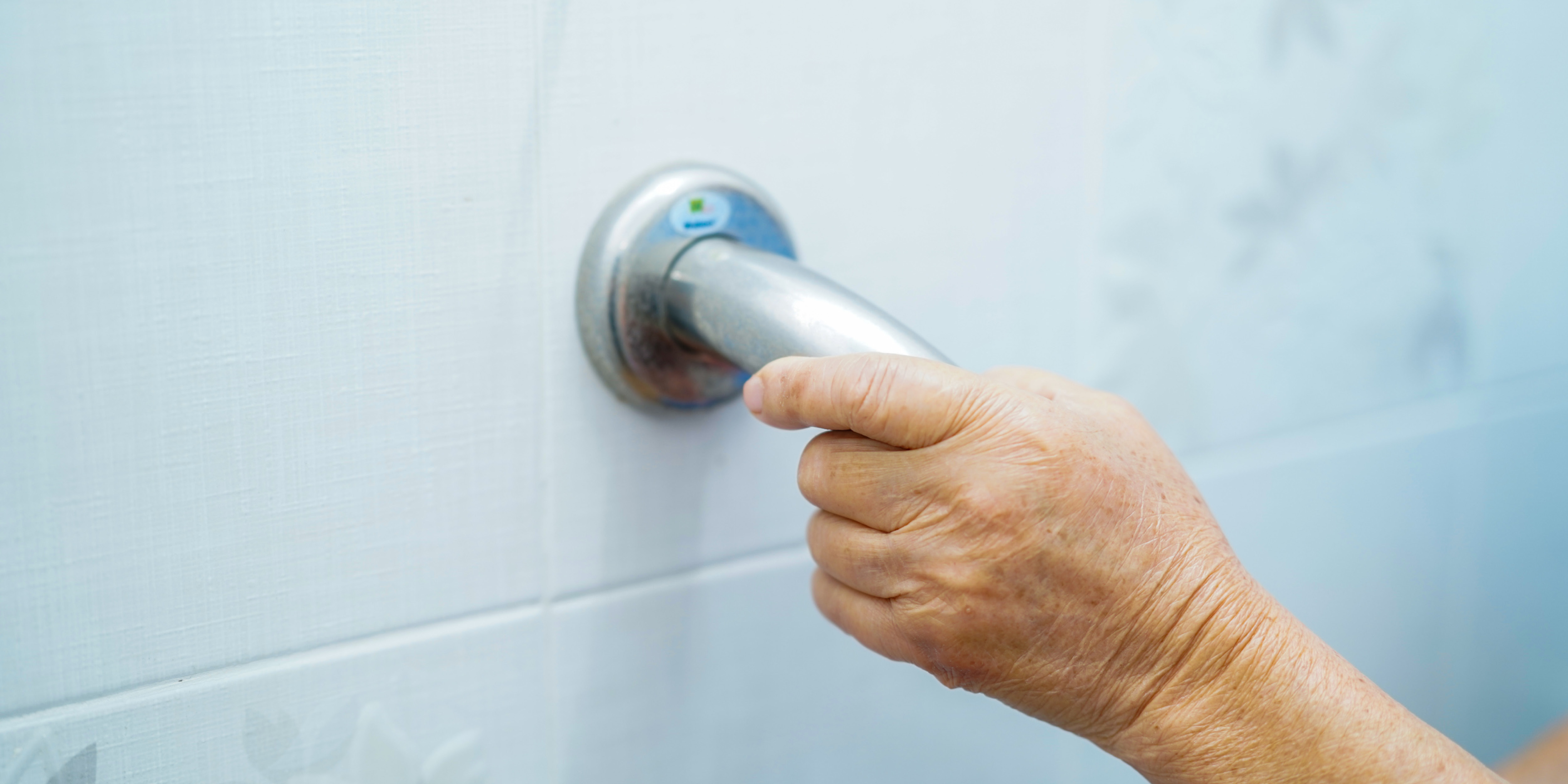Four tips to help you care for a relative with dementia
Details: Written by Benjamin Atkinson
|
Published:

There are currently 850,000 people in the UK living with dementia.
When a relative is diagnosed with dementia, many family members decide to become carers in order to provide their parents, siblings and/or children with the support they need.
As a result, 700,000 family members and friends care for a person with dementia, and unpaid carers supporting people with dementia save the UK economy £11 billion every year.
We know how challenging it can be to care for an individual with dementia, which is why The Skills Network’s Level 2 Certificate in Principles of Dementia Care is available to help equip individuals with all the knowledge they need to tackle dementia and support those who are affected by it.
In this blog, we’ll give you a little background information on dementia and some tips on how to care for friends or relatives with dementia, before shining a light on our level 2 and level 3 courses.
What is dementia?

Dementia doesn’t refer to a specific disease, but is an umbrella term used to describe a group of symptoms associated with a decline in memory and thinking skills. Alzheimer’s disease makes up 60−80% of dementia cases, closely followed by vascular dementia as the second most common type of dementia.
For someone to be diagnosed with dementia, at least two of the following mental functions must be affected significantly:
- Memory
- Language and communication
- The ability to focus and pay attention
- Reasoning and judgement
- Visual perception.
Dementia is a progressive condition, which means that symptoms begin to appear slowly and become more pronounced over time.
If you’re concerned that a relative or friend may have dementia, you can click here to access the Alzheimer’s Association’s guide to early signs and symptoms of Alzheimer’s and dementia. However, it would be best to visit a GP to get an official diagnosis as soon as possible.
There are many options available to you when a family member receives an official diagnosis. You can hire a part-time carer initially, and may then choose to hire a live-in carer later on, to provide them with 24/7 assistance.
If you choose to care for your family member yourself, here are four tips you can use to support them:
1. Make your home dementia-friendly

People with dementia experience memory loss, confusion and difficulty learning new things. This means that they will often forget where they are and how things work, especially as their condition worsens.
Making your home more dementia-friendly will help your relative to live as independently as possible, as well as reducing their confusion and stress. To do this, you may:
- Implement better lighting in your home − Open the curtains during the day, make sure light switches are easily accessible, and even consider putting in automatic light sensors. This will help make things more visible and reduce the risk of falls.
- Put labels and signs around the house – As dementia progresses, it will affect an individual’s ability to know where they are, what they have just done, and what the things around them are for. It is useful to put labels on cupboards and doors to remind those affected of what they are used for. You could even put photos on drawers to show them what’s inside.
- Use contrasting colours in your house – Dementia can affect an individual’s ability to tell the difference between colours. It may be useful to use contrasting colours on walls and floors to help them see things more clearly. You could, for example, use a contrasting colour for your toilet seat compared to the rest of your bathroom, or paint the furniture bright colours that contrast with the walls.
If you’d like to find out more, you can read the NHS’s guide on making your home dementia-friendly.
2. Ensure that they eat and drink enough

As their condition worsens, people with dementia may not realise that they are thirsty throughout the day and, as a result, might forget to drink enough. This puts them at a higher risk of headaches, constipation and Urinary Tract Infections (UTIs), which can increase their discomfort and make their symptoms worse. You must try to keep track of how much water they are drinking in order to avoid this.
Mealtimes also become more difficult for people who have dementia. They may have trouble recognising foods, forget what foods they like or even become aggressive, refusing food or spitting it out.
Here are a few tips you can use during mealtimes to make it less stressful:
- Offer finger foods or food in smaller portions
- Help your relative to use their cutlery
- Make sure that you set aside enough time for meals
- Be prepared for your relative to display changes in food tastes.
For further reading, you could take a look at the Alzheimer’s Society guide for eating and drinking for people with dementia.
3. Help them to bathe

Your relative may become anxious about things like the water in their bath being too deep, slipping in the bath or the noise from the overhead shower. As a result, you may have to help them with washing.
Firstly, you should ask them how they’d like to be helped. They may ask you to leave the room while they undress or help them shower by using the showerhead. Some tips include:
- Reassuring them that you won’t let them get hurt while helping them bathe
- Buying their favourite shampoo or shower gel
- Using a bath seat or handheld shower while helping them wash.
Here are some more tips to help you with washing and bathing.
4. Get the support you need

Becoming a carer for someone who has dementia comes with a lot of responsibilities and stress. Carers may also feel very isolated, as many don’t get a break from caring or get any time for themselves. Caring for a family member with dementia can be a 24/7 job and can be both emotionally and physically draining.
As a carer, you must also make sure that you get the support you need for yourself. There are many groups that you can join to get support from others who understand what you are going through. You can contact organisations like the Alzheimer’s Society, Dementia UK and Carers UK if you wish to enquire about any local groups that you could get involved in.
If you need more immediate support, there are also several online groups you can access, such as the Carers UK forum or the Alzheimer’s Society’s Dementia Talking Point.
It may also be a good idea to get a carer’s assessment which can suggest some ideas to make your life easier. A carer’s assessment is available to all adult carers of adults. It is free, and anyone over 18 can request one by contacting adult social services at their local council.
A carer’s assessment might make recommendations like:
- Having someone take over caring for a period of time so that you can take a break
- Undertaking training in how to lift safely
- Suggesting how you can receive help with housework and shopping.
Register your interest for a dementia care qualification

If you’d like to enhance your understanding of dementia and how to care for those affected by it, the fully funded Level 2 Certificate in Principles of Dementia Care (RQF) and Level 3 Certificate in Understanding the Principles of Dementia Care contain a range of units that will help increase your knowledge, including:
- Dementia awareness
- Understanding the factors that can influence communication and interaction with individuals who have dementia
- Understanding the administration of medication to individuals with dementia using a person-centred approach
- Understanding behaviour in the context of dementia.
If you’re interested in Level 2 qualification, you can go to the course page here and register your interest here.
If you are interested in the Level 3 qualification, you can go to the course page here and register your interest here.
This blog was written in collaboration with our Awarding Organisation partner Training Qualifications UK (TQUK).